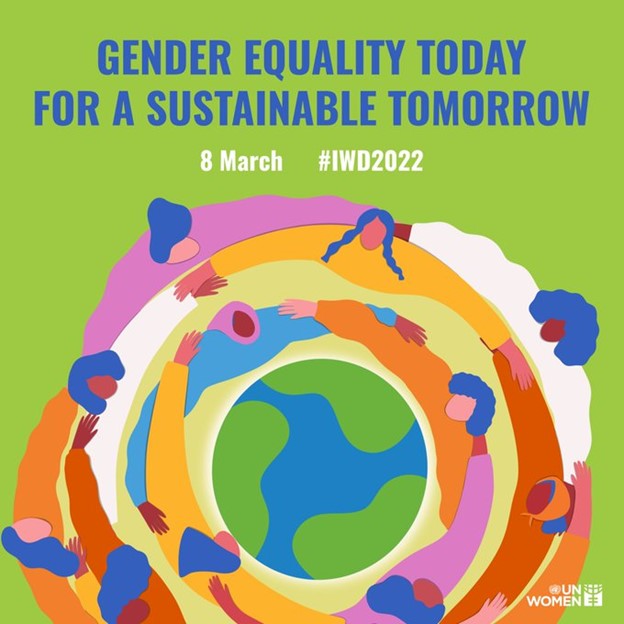Treatment of Skin Disease (Fifth Edition)
Comprehensive Therapeutic Strategies
2018, Pages 579-581
Treatment of Skin Disease (Fifth Edition)
Comprehensive Therapeutic Strategies
2018, Pages 621-623
Treatment of Skin Disease (Fifth Edition)
Comprehensive Therapeutic Strategies
2018, Pages 764-768
Plastic Pollution and Marine Conservation: Approaches to Protect Biodiversity and Marine Life, Volume 1, 1 January 2022
Plastic Pollution and Marine Conservation: Approaches to Protect Biodiversity and Marine Life, Volume 1, 1 January 2022

